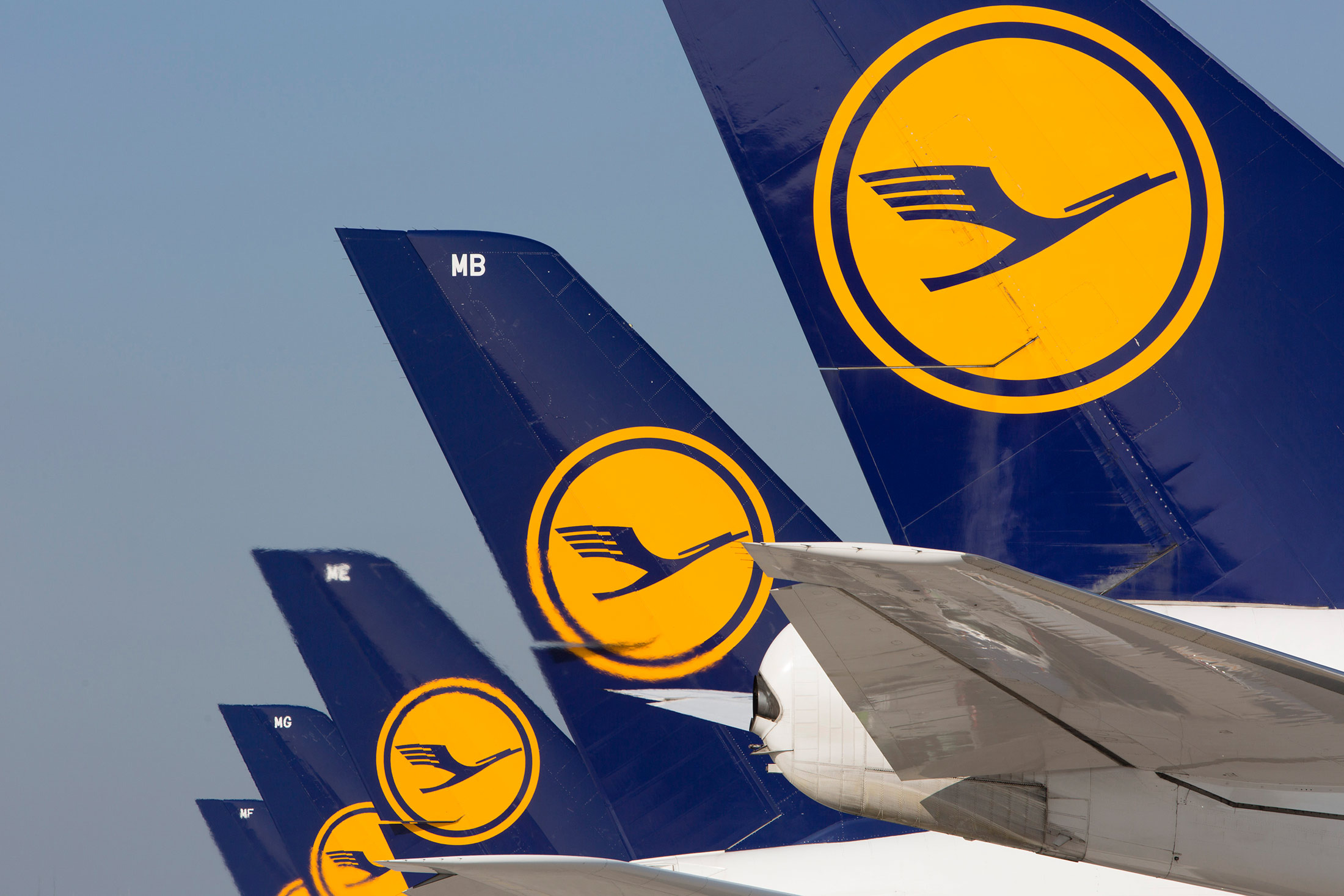- Lufthansa Warns Brexit to Hit U.K. Airlines as EU Gets Tough
Deutsche Lufthansa AG Chief Executive Officer Carsten Spohr expects France and Germany to take a hard line against the U.K. aviation industry in Brexit negotiations, threatening to disrupt flight connections across Europe.
“Brexit means Brexit – our industry won’t be exempt,” said Spohr, who has accompanied Chancellor Angela Merkel on state visits and discussed the matter with German, French and EU officials. “The basic approach is for every industry to say ‘hey, let’s pretend that nothing has happened.’ That’s something the governments, and also the EU Commission, won’t go along with. You can be sure about that from what I hear.’’
Flights between EU nations are regulated by the Single European Sky treaty and the U.K. will likely need a new agreement once it leaves the bloc. In addition, British carriers that fly from one European state to another will probably require an operating license based somewhere on the continent. The U.K. is set to leave the common market two years after the divorce process is officially triggered on Wednesday.
It’ll be “virtually impossible” for governments to reach a comprehensive agreement in the time available for talks, said Spohr, the CEO of Germany’s largest airline. That means there’ll be a transition period with likely disruptions as the sector adjusts to new rules, he said.
A German transport ministry representative recently told a group of parliamentarians at a closed meeting that Britain would likely lose its membership in the Single European Sky agreement, and that a new deal would then need to be negotiated, according to a person who attended the discussion who asked not to be identified because the gathering was not open to the public.
No Shortcuts
U.K. airlines including EasyJet Plc and British Airways owner IAG SA have warned that a hard Brexit scenario would hit their business. While IAG already has several European operating certificates via its continental arms, Luton, England-based EasyJet is still in the process of establishing an air operating certificate in an EU state.
Ireland’s Ryanair Holdings Plc has said it needs at least 12 months to adjust its routes and ticket sales once the new rules are decided. As an EU carrier, Dublin-based Ryanair would also require a license to operate its handful of U.K. domestic flights. The company, which draws about 40 percent of its customers from Britain, has said it may have to forego its intra-U.K. routes after Brexit.
EasyJet shares fell as much as 1.5 percent to 997 pence in London trading, while IAG dropped 0.8 percent to 530 pence. Ryanair slid 0.9 percent to 14.37 euros.
Spohr is expecting Merkel and French President Francois Hollande to oppose special treatment for the industry, in spite of calls from the likes of British Transport Minister Chris Grayling to prioritize the airline sector in Brexit negotiations.
“The U.K. airlines say they want a shortcut,” said Spohr, who accompanied Merkel on a trip to China in June. “But that’s something Mr. Hollande and Mrs. Merkel won’t do.”


 Forex2 weeks ago
Forex2 weeks ago


 Naira2 weeks ago
Naira2 weeks ago
 Naira4 weeks ago
Naira4 weeks ago
 Company News4 weeks ago
Company News4 weeks ago
 Billionaire Watch1 week ago
Billionaire Watch1 week ago




 Naira2 weeks ago
Naira2 weeks ago




 Naira4 weeks ago
Naira4 weeks ago




 Naira1 week ago
Naira1 week ago

















